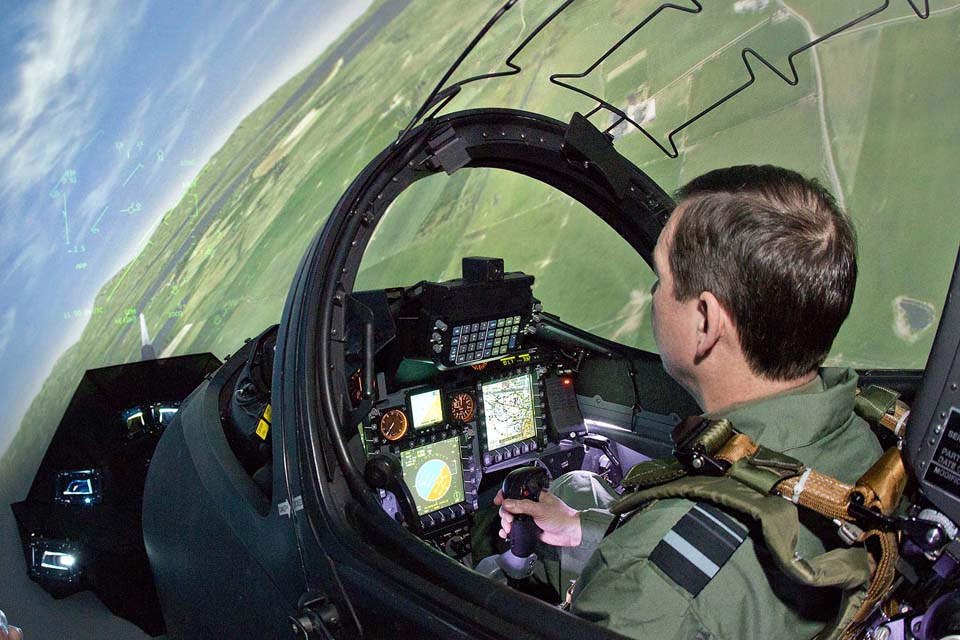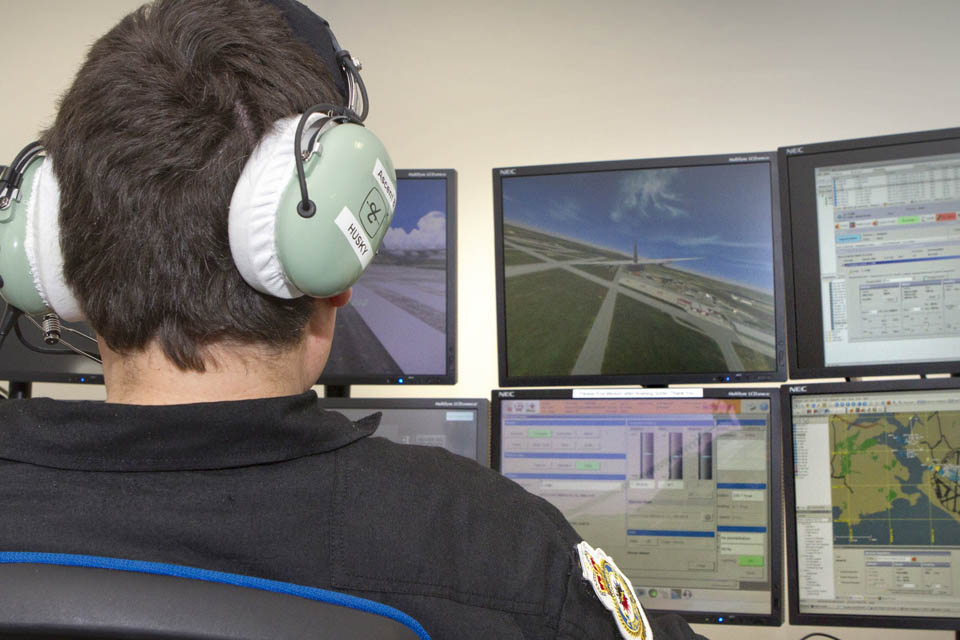First pilots complete new fast jet training
The first pilots have graduated from the UK's new advanced fast jet training course.
![Hawk T2 jets pictured during a flight over North Wales (library image) [Picture: Corporal Paul Oldfield RAF, Crown copyright]](https://assets.publishing.service.gov.uk/media/5a61dd85ed915d0afa3b670b/s300_45151662.jpg)
Hawk T2 jets over North Wales (library image)
Four RAF pilots have completed the Hawk T2 training at RAF Valley, learning using the latest simulator technology as well as live flying.
Chief of the Air Staff, Air Chief Marshal Sir Stephen Dalton, praised the efforts of the 4 Royal Air Force pilots of Advanced Fast Jet Training Course 001.
Sir Stephen said:
The pilots who graduated today can be proud of what they have achieved as the pioneers of this new advanced training system, the Hawk T2, and can look forward with confidence that, following their conversion to operational aircraft, they will very soon take on their roles on Royal Air Force front line squadrons.
Having completed the course on the new Hawk they are some of the best trained pilots to graduate from UK fast jet training. Royal Air Force Valley delivers the most advanced fast jet training programme in the world. At the core of it, the Hawk’s advanced cockpit closely resembles that of our current and future combat aircraft, which will reduce the time required to convert to flying an operational aircraft, be that Typhoon, Tornado or the Lightning II.
The live flying at RAF Valley, on the Hawk T2, is supported by an increasing range of synthetic training on the ground. This makes every flying hour more productive and makes this entire programme even more cost effective for the UK.

A pilot demonstrates a Hawk fast jet simulator (library image) [Picture: Corporal Mark Dixon, Crown copyright]
While the previous Hawk T1 had a traditional cockpit with dials and instruments, the Hawk T2’s ‘glass’ cockpit is equipped with multi-function display screens, making it able to simulate a modern combat aircraft like the Typhoon or Lightning II.
Training on the ground is also ahead of that offered anywhere else. So called ‘synthetic’ training, using a range of simulators, means that each student covers a wider syllabus than before delivering a more proficient fast jet pilot to the front line operational conversion units (OCU) where they complete further training before they move to an operational role.
The course is 11 months long, with around 120 hours of live flying and a similar number of synthetic hours. There is no final examination as such, but the last trip on the course involves evading airborne and surface-to-air threats at medium and low level. The students then have to fly a Paveway IV bomb attack against a designated target whilst trying to evade a low-level airborne threat. They then have to lead their wingman home in a simulated emergency.

A pilot demonstrates one of the simulators used on the UK's advanced fast jet programme (library image) [Picture: Crown copyright]
In a statement, the 4 students said:
Being on the first T2 course has proved to be an exciting and rewarding opportunity. Whilst there have undoubtedly been both pros and cons to being the T2 ‘Test Pilots’, we have been privileged to have the chance to be the very first students to receive this world-leading training.
The structure of the course has allowed us to learn entirely new skill sets which will hopefully stand us in good stead on both the OCU and beyond. The final sortie was a fitting culmination of the different phases and involved a mission that required detailed planning, leading to the employment of medium and low level evasion tactics, whilst reacting to an evolving intelligence scenario and a variety of surface to air threats.
The Station Commander at RAF Valley, Group Captain Adrian Hill, said:
This is the first graduation under the newly developed UK Military Flying Training System, in partnership with Ascent Flight Training. Royal Air Force Valley can produce a pilot who is now, more than ever before, able to master platforms of the future and deliver air power effects for the RAF which directly supports our success on operations. We take great pride in the quality of our training, which is reflected in the achievements of these high caliber officers, and their families can feel justifiably proud of their achievement.
The next course, with 2 Royal Navy and 4 Royal Air Force pilots, will graduate in August.